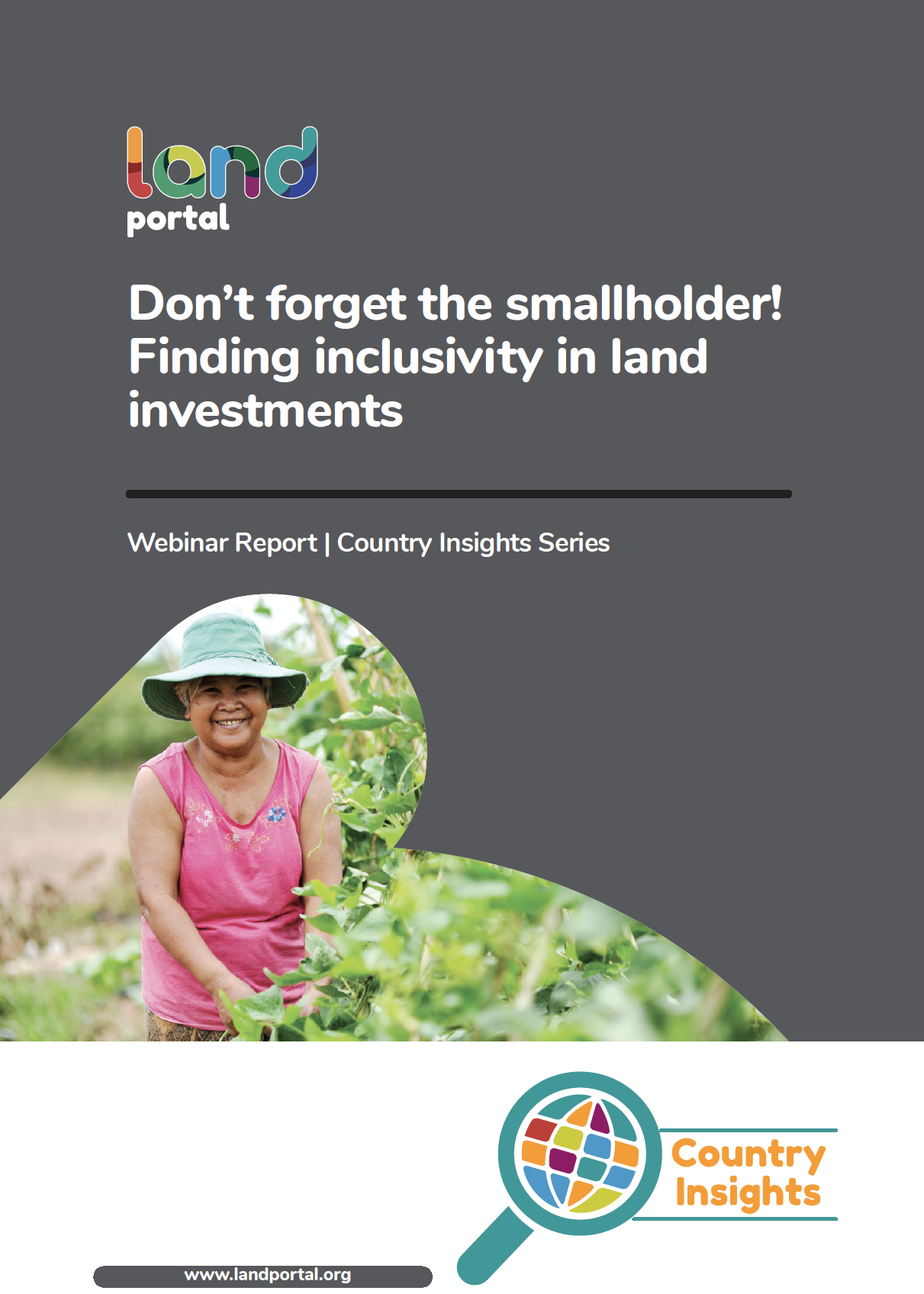What the Commission of Inquiry into Ancestral Land Rights and Restitution Claims Found
In Uganda land remains the most sought–after natural resource;but legal and structural mechanisms have not been effective in addressing illegal land evictions faced by vulnerable communities. Most local investors have taken advantage of the structural gaps in land administration which have exacerbated the issuance of multiple titles. This has been compounded by Uganda’s weak justice system and excesses perpetrated by some police officers and the military. In recent times Uganda has witnessed catastrophic forced evictions across the country.



